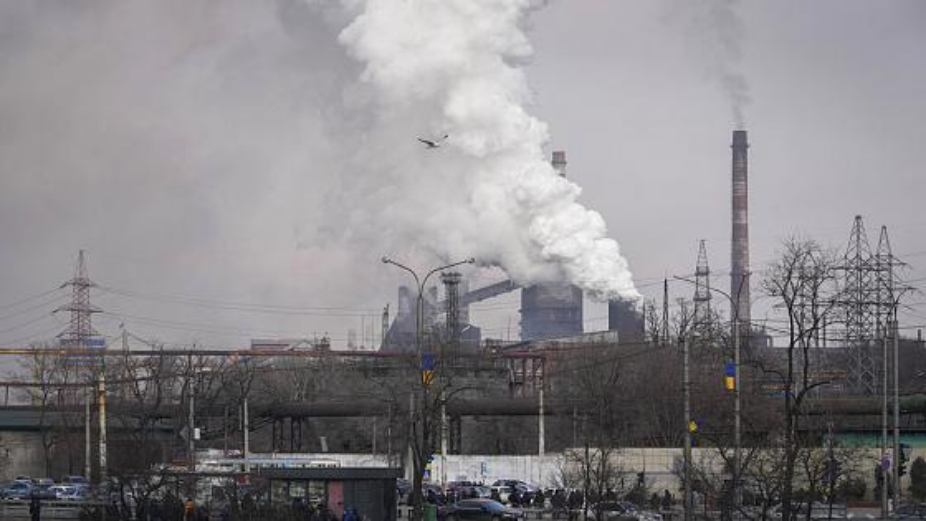Russia’s invasion of Ukraine is plunging Europe into its worst crisis since World War II, and the economic ramifications are seeping through to Asia. Analysts warn that surging commodity prices, supply chain disruptions and an inflationary crunch are likely to strain consumers in the region and affect their daily lives, in addition to dealing with COVID-induced economic woes.
Although Western countries stopped short of enacting sanctions on direct supplies of goods from Russia as they levied “modest first-tranche” restrictions on Russian elites and financial systems, the crisis has sent jitters through markets and triggered price surges in key Russian exports such as oil, gas and metal raw materials that are expected to exacerbate rising inflation across the world.
In fact, oil prices have been rising steadily all year as the potential for conflict in Eastern Europe has escalated. Russia is the world’s third-largest producer of petroleum and other liquid fuels, and sanctions against the country would almost certainly drive global oil prices even higher.
Not only this, but the Russia-Ukraine crisis could significantly worsen global food inflation. Russia supplies about 20 percent of world wheat exports, and Ukraine about 10 percent, according to the Food and Agriculture Organization (FAO) of the United Nations. Together, they account for approximately 13 percent of total global wheat production. Russia’s attacks on Ukraine could disrupt agricultural exports, and further increase wheat prices. This could lead to pantry staples, from flour to pasta to bread, becoming more expensive over time.
There have also been discussions to bar Russia from the Society for Worldwide Interbank Financial Telecommunication system, commonly known as the SWIFT system, which would mean a curtailment of access to international capital markets, and restrictions on doing business with any Russian oil, gas, or financial company. While a SWIFT ban would harm the Russian economy by adding to costs and creating delays, it could harm firms of other European countries just as much. With energy prices already soaring, further disruption is something many governments want to avoid.



















